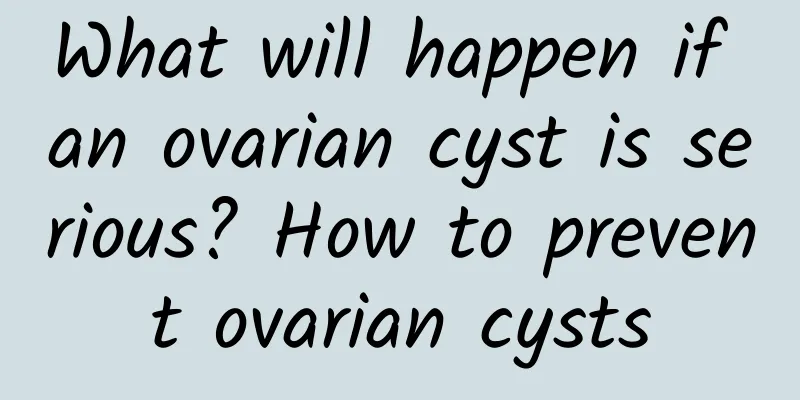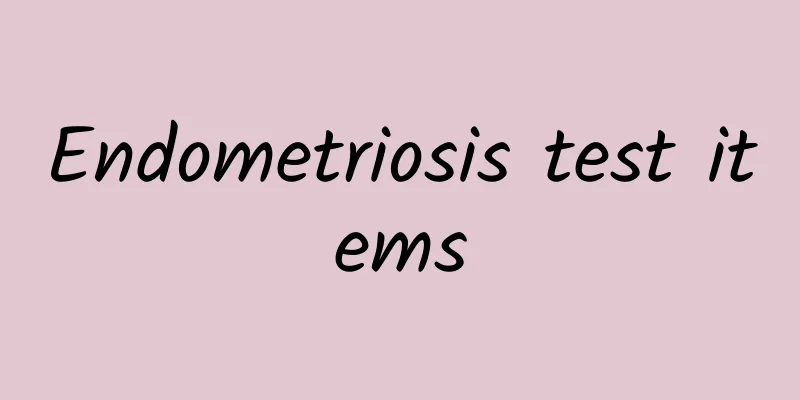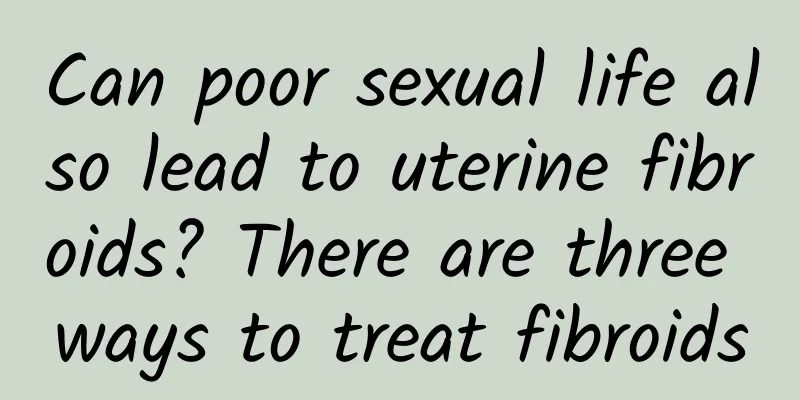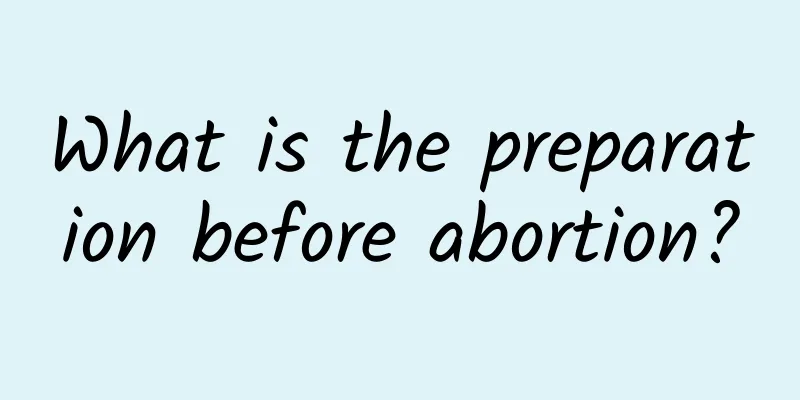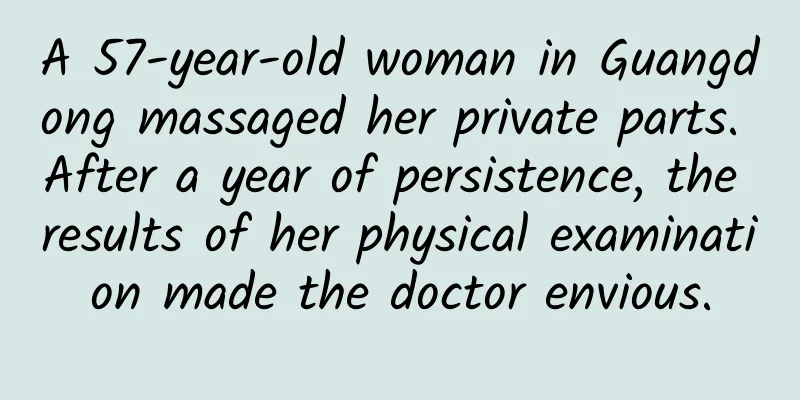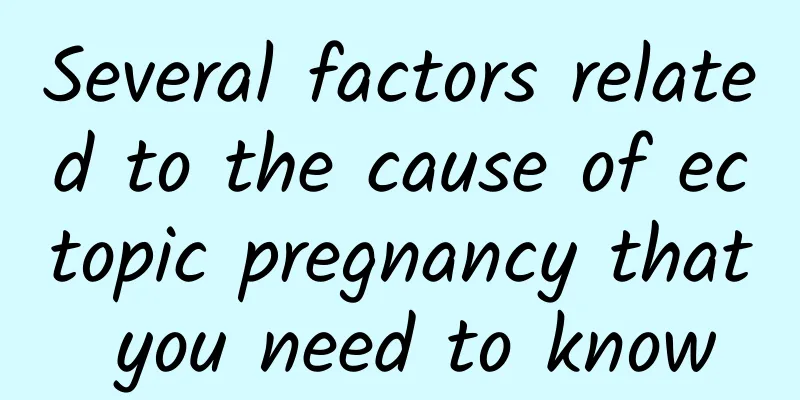How to treat uterine fibroids during pregnancy? Treatment of uterine fibroids in early pregnancy
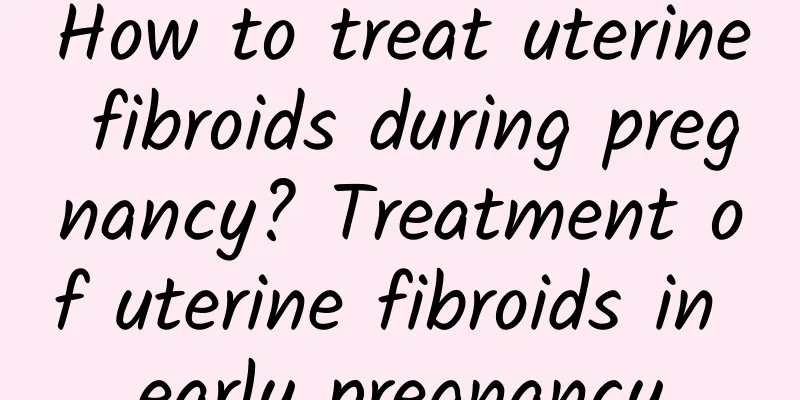
|
The incidence of uterine fibroids is increasing, especially among women who have not given birth, have sexual dysfunction, or are depressed. Experts say that excessive hormone secretion is the most common cause of uterine fibroids. How to treat uterine fibroids during pregnancy? Experts will tell you. How to treat uterine fibroids during pregnancy? How to treat uterine fibroids during pregnancy? The treatment of uterine fibroids during pregnancy should be determined based on factors such as the month of pregnancy, the size of the uterine fibroids, and clinical manifestations. 1. Treatment of uterine fibroids in early pregnancy Intervention of uterine fibroids in early pregnancy can easily lead to miscarriage, so it can wait until the second trimester. If the uterine fibroids are large in early pregnancy, it is expected that there will be more complications with continued pregnancy, and termination of pregnancy is recommended. If the patient requires an artificial abortion, the pregnancy can be terminated first, and the uterine fibroids can be removed in a short period of time, or artificial abortion can be performed at the same time. 2. Treatment of uterine fibroids during mid-pregnancy ① Uterine fibroids with a diameter less than 6 cm and no symptoms do not require special treatment. ② The diameter of uterine fibroids is greater than 6 cm. As the uterine fibroids grow, they may continue to increase. Large fibroids are prone to red samples stimulating uterine contractions or peritoneal irritation symptoms. At this time, obstetricians only recommend that patients rest in bed and use analgesics. Pregnancy myomectomy is rarely recommended. Only myomectomy is performed when necessary. 3. Treatment of uterine fibroids in late pregnancy Small uterine fibroids cannot be treated. If the diameter of the uterine fibroids is larger than 8 cm but there are no symptoms, you can wait until full-term cesarean section and perform a uterine fibroid removal at the same time. Because large uterine fibroids may not only affect uterine contractions, abnormal production and delayed labor, but also the possibility of postpartum placental retention, postpartum hemorrhage and postpartum infection is greater than that of normal pregnant women. Therefore, the method of delivery should be cesarean section, and myomectomy should be performed at the same time as cesarean section. |
<<: How to treat uterine fibroids? How to prevent uterine fibroids
Recommend
Can’t eat starch to lose weight? Resistant starch has these unexpected benefits! 3 groups should not overdose
Many people refuse to eat starchy foods when they...
Don’t eat breakfast for fear of getting fat? Weight loss starts with breakfast! Dr. Liu Boen: 4 principles for not eating fat for breakfast
Eating the wrong foods can easily make you fat. S...
Can Bartholinitis be completely cured?
Generally speaking, the treatment for Bartholinit...
Which is better for women, artificial abortion or medical abortion? Detailed comparison of artificial abortion and medical abortion. How to choose
Women get pregnant unexpectedly because both part...
Postoperative abortion health care measures are what women should pay attention to
Women must take all kinds of health care measures...
What to eat for premature ovarian failure and hair loss
What should I eat if I suffer from premature ovar...
Weight loss is effective! Master the 5 golden time points
Many office workers are working hard to lose weig...
What are the causes of irregular menstruation? Can gynecological diseases cause irregular menstruation?
Normal menstruation is an important sign of a mat...
How can women avoid vaginitis? The key is to do the following:
Due to the special structure of the female body, ...
Breathe well to lose weight and burn fat more efficiently
How to breathe correctly? To breathe correctly, f...
Women suffer from cervical erosion
What are the causes of cervical erosion in women?...
What should I do if I have my period for three months?
What should I do if I have my period for three mo...
Good way to prevent vulvar leukoplakia
Vulvar leukoplakia is a gynecological disease wit...
Possible causes of uterine fibroids
Many women are asking: "What are the causes ...
What causes multiple uterine fibroids?
What is the cause of multiple uterine fibroids? T...
